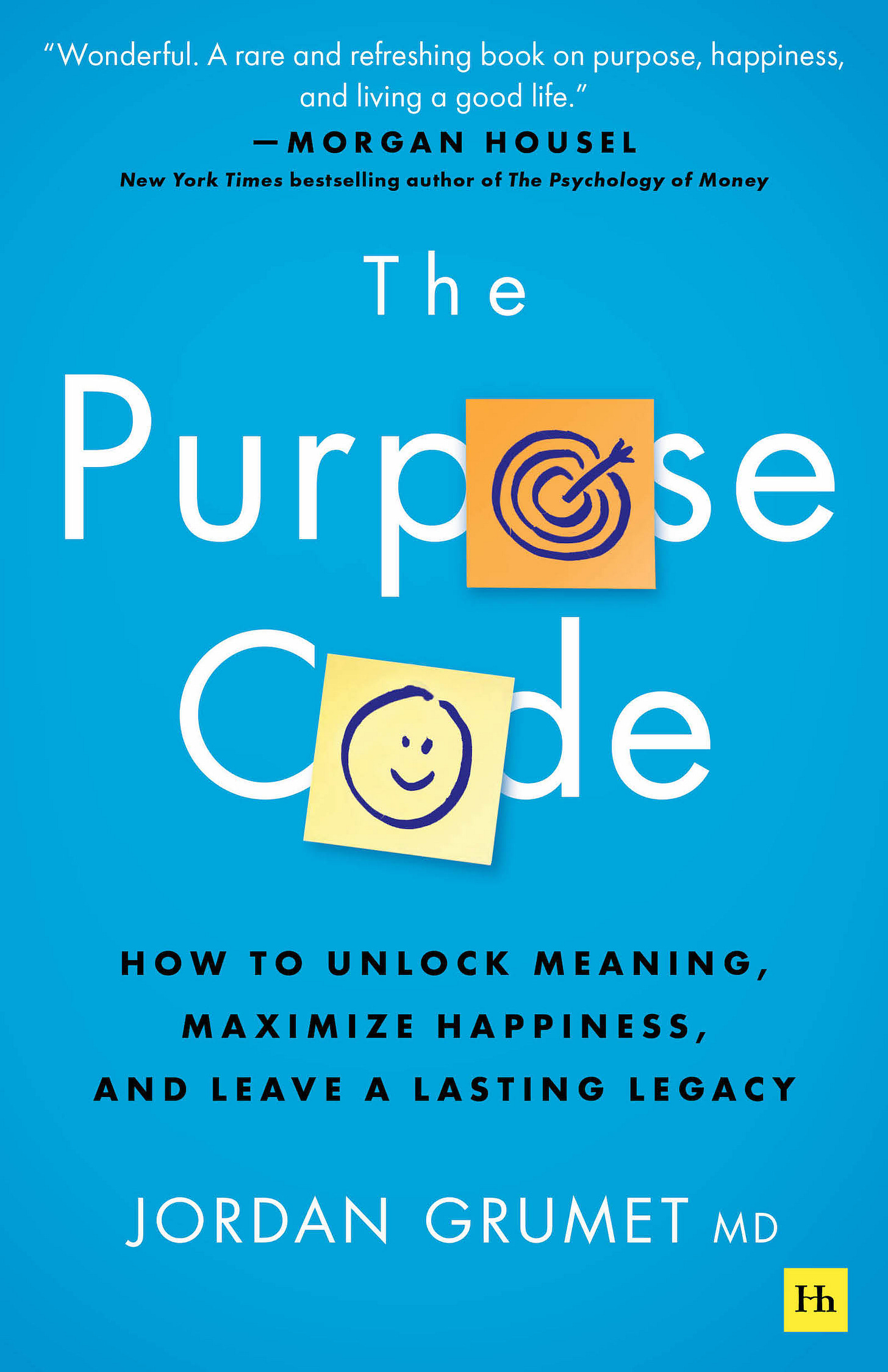Purpose Anxiety: Why We Feel Lost in Abundance
How to navigate purpose anxiety in a life full of freedom and expectations
We don’t talk enough about purpose anxiety. Not the kind you read about in motivational books or hear discussed in productivity podcasts—but the quieter kind. The kind that surfaces when the to-do list is done, the kids are grown, the meetings have ended, and the silence sets in. That restless feeling that maybe, despite everything you’ve accomplished, you’re missing something. If you’ve felt that, you’re not alone. And more importantly, it’s not your fault.
We are living in a world our biology never prepared us for. A hundred years ago, the average person didn’t live past their mid-thirties. Life was survival, and survival was purpose enough. But now we’re living into our eighties and nineties. We’re granted decades of bonus time—long after the traditional roles of raising families or building careers have come to a close. And in that space, something unexpected happens. With all that time, all that freedom, the questions begin to pile up. Why am I still here? What now?
Add to this the impact of modern convenience. We’ve automated so much like cooking, cleaning, commuting, even thinking, such that we’ve carved out hours of unscheduled time. The RAND Corporation estimates we have around five hours of leisure each day. Five hours! That’s longer than most people used to sleep. But instead of filling that time with creative pursuits or deep relationships, we often find ourselves trapped in the flickering glow of screens. We scroll, we swipe, we binge. And beneath the surface, the discontent grows.
There’s another piece we don’t always see. Over time, many of us have stepped away from the institutions that once provided meaning. Church attendance is down. People are retiring earlier or leaving traditional jobs entirely. The shared scaffolding—religion, work, civic life—has slowly eroded. And while we’ve gained independence, we’ve lost the frameworks that used to hold us together. Without them, it’s easy to feel untethered. Drifting.
To make matters worse, social media quietly rewires how we define purpose. The images we see like perfect homes, six-pack abs, passports stamped with envy, whisper a dangerous message: this is what fulfillment looks like. And if your life doesn’t match, well, clearly something’s wrong. But the truth is, none of that perfection is real. It’s curated. Filtered. A highlight reel designed to hook our attention, not to tell the truth. The more we compare, the more our own lives feel insufficient.
Purpose, at its core, isn’t about optics. It’s not something you perform for others or achieve once and for all. It’s a way of being. A compass that points toward the things that matter, even when no one’s watching.
Research supports this. Studies consistently show that people with a strong sense of purpose tend to live longer, healthier lives. They recover more quickly from illness. They experience less anxiety and depression. But here’s the catch: the process of finding purpose can be messy. It doesn’t always feel good. In fact, a landmark study by Larissa Rainey found that over 90% of people experience some form of purpose anxiety. Not because they’re broken, but because they’re human. Because they’re awake to the fact that life should mean something.
If you’re feeling stuck, restless, or uncertain, here’s what I’d offer.
First, stop apologizing. Feeling lost doesn’t mean you’ve failed. It means you’ve outgrown a former version of yourself. That’s not shameful. That’s growth.
Second, rebuild your framework. If the old scaffolding is gone, make new structures. Start small. Volunteer once a week. Call a friend every Tuesday. Take morning walks and notice the light on the trees. Purpose often begins not with a leap, but with a gentle rhythm.
Third, challenge the urge to compare. Your life isn’t supposed to look like anyone else’s. Especially not someone’s highlight reel. What matters is whether your days feel aligned with your values—not whether they photograph well.
Fourth, redefine what purpose means to you. It may not be about a grand mission or a noble career. It might be showing up for someone who needs you. Creating something small and beautiful. Tending a garden. Telling a story. We live in a culture that worships scale, but purpose often hides in the intimate and the quiet.
Here’s the paradox. We’ve built a world of possibility, but not always one of clarity. And that’s okay. Purpose anxiety isn’t a sign that you’ve missed your calling. It’s a nudge. An invitation. A reminder that you care.
Try asking different questions. Not “What am I meant to do for the rest of my life?” but “What matters this week?” Not “How do I become successful?” but “What makes me feel connected?” Not “Where should I be?” but “Who do I want to be—right here, right now?”
Purpose isn’t a destination. It’s not something you earn or unlock. It’s something you tend to. Like a garden. Like a relationship. It’s the byproduct of living with curiosity and compassion, even when things feel unclear.
Purpose isn’t out there waiting to be discovered.
It’s already here. Growing quietly inside you.
Did you catch this week’s episode of Earn & Invest (Click to listen)?







Once again, you’ve hit the ball out of the park. Extremely well written. Thanks for sharing your gift. Tom Greene
You’ve managed to articulate something intangible so clearly. Thanks for a great piece that hits the mark.